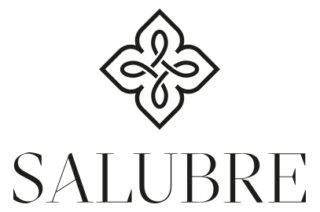Internal Treatment
My opinion has always been that we need to work with the body, not against it. To listen to what the body is showing us with the symptoms is paramount to healing the skin. If instead we suppress its voice and try to get rid of the problem without actually addressing the problem, the acne can get worse and even spread to other areas of the body.
Western Medicine usually approaches acne with antibiotics (low doses given for long periods of time), roaccutane (which has a long list of side effects) and the contraceptive pill (to manage hormonal regulation).
Personally I believe these only relieve the problem for a short period of time, but inadvertently create other issues such as gut dysbiosis, hormonal regulation and mental health issues that can lead to serious consequences.
If in turn we look at it from a natural perspective and address the hormonal imbalance, regulate sebum production to reduce greasiness in the skin and improve gut health; the skin will heal from the inside out and reduce flare ups in intensity and frequency.
Plus there will be less scarring as the damage to the skin will be addressed and by effectively reducing the acne lesions there will be less scarring on the skin.
Chinese herbal medicine provides all these benefits and is natural and plant based. The nutrients needed to heal the skin from the inside out are focused on being anti-inflammatory, anti-bacterial, promoting circulation to promote healing and improving digestion to help with the healthy elimination of toxins to alleviate the toxic load from the skin.
Nutrition
To help the skin rejuvenate, it is essential to eat the foods that contain the nutrients the skin needs to heal. These include Essential Fatty Acids, Vitamins A, B1, B2, B6, C, E, minerals such as iron and zinc.
Topical
It’s also very important to avoid drying out the skin with harsh cleansers and exfoliators as the skin is delicate and in fact damaged. So it is extremely important to use a topical skin care regimen that supports the delicate skin’s surface with natural and organic ingredients to reduce the congestion and inflammation in the skin.

